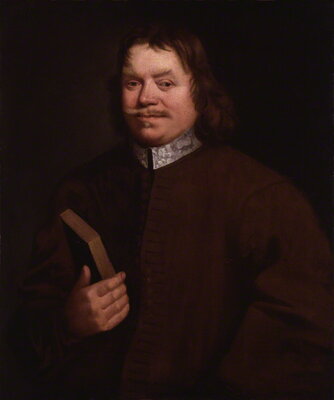Dear Reader,
This solemn and searching treatise was first published in 1674, a copy of which is in the Editor's possession. The author's object is to correct some fatal errors that peculiarly abounded and to recommend the gospel in its purity to the acceptance of his fellow sinners. Possessing that inward peace, serenity, happiness, and safety, arising from a scriptural knowledge of Christ and him crucified, he proclaims, 'I have ventured my own soul thereon with gladness,' and 'if all the souls in the world were mine, I would venture them all.' His prayer is that others may receive the same light and life by faith.
Every age has had peculiar delusions for the trial of the spirit—mysticism in Bunyan's time, Puseyism in our days. Before the Reformation, the clergy called the church, claimed implicit obedience from the laity as essential to salvation, and taught that inquiry was the high road to eternal ruin. After the Bible had been extensively circulated, many regarded it as the letter that killed—that it was of no importance compared with the light within, which alone was essential. These were not the notions of any one or two sects but had spread their influence to a considerable extent over the Christian church. To check the growth of these errors and to recover those who had been misled by them, Bunyan published this 'Light for them that sit in darkness.' His object is to prove that all our knowledge of the Saviour must be received directly from the written Word—that to understand these holy oracles, we must seek and obtain Divine light. By this light, we shall find that Christ took upon himself our nature, and, by his holy and perfect obedience to the law and sacrifice of himself as a sin-atoning offering, he redeemed all his saints, paid the FULL price of their redemption, and will present them unblameable, unreprovable, and acceptable to him that is of purer eyes than to behold iniquity. Their robes are washed and made white in the blood of the Lamb; they are perfect as Christ is perfect; there is no condemnation to them; their salvation is sure. The arguments on the following pages are most consoling to those whose spirits are dismayed under a fear that they have sinned the unpardonable sin. Those under that awful curse are sunk in a deathly state of insensibility while they sit in the scorner's seat. To be alarmed with the fear of having so offended the Saviour is the best evidence that no such sin can have been committed. The closing chapter is full of striking solemnity. May its beneficial effects be felt, to the glory of God and the reader's solid peace.
GEO. OFFOR,
THE AUTHOR TO THE READER.

No comments:
Post a Comment